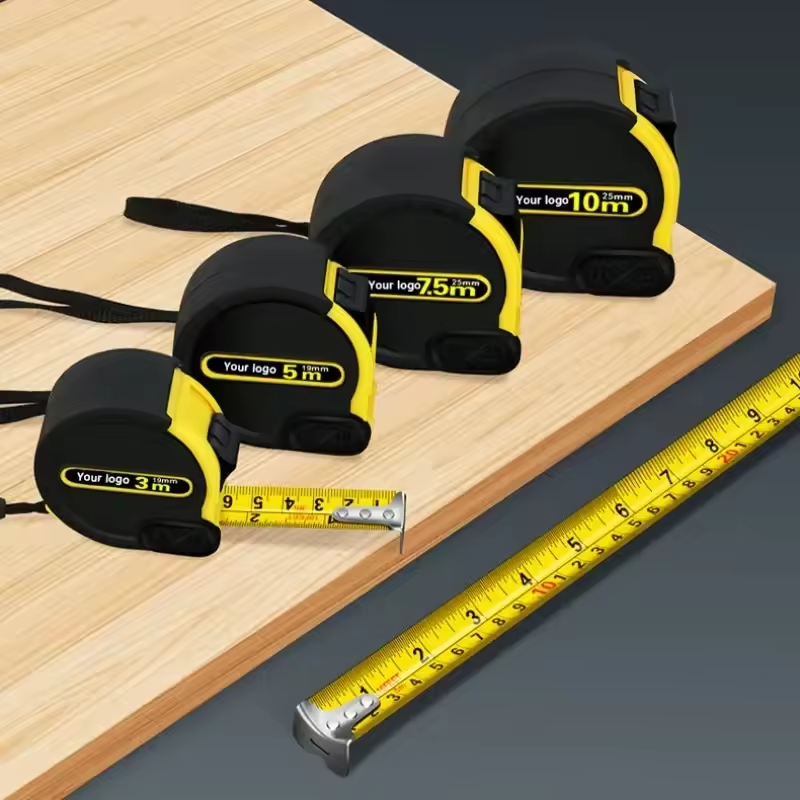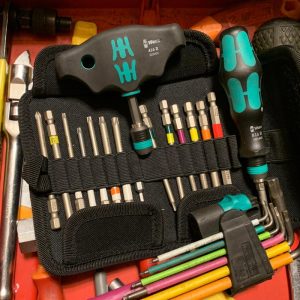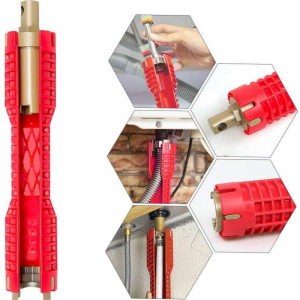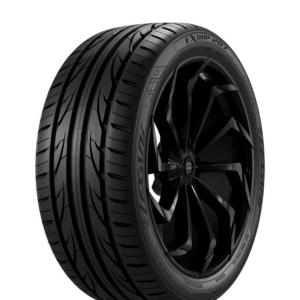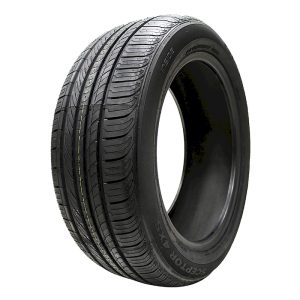
When it comes to tackling heavy-duty tasks, the tools you choose can make all the difference in achieving efficiency and ensuring safety. Durable hand tools for heavy-duty use are essential for professionals and DIY enthusiasts alike. Having the right tools not only affects the quality of the work performed but also provides a sense of confidence that can help you complete tasks without unnecessary delays or complications. With a multitude of options available on the market, understanding the features that characterize durable hand tools is crucial.
From wrenches to hammers and screwdrivers to pliers, having a well-rounded selection of tools can empower you to handle various projects with ease. This in-depth guide will explore the different types of durable hand tools available, their specific benefits, key factors to consider when making a purchase, leading brands in the industry, care and maintenance tips, and where to find the best tools for heavy-duty use.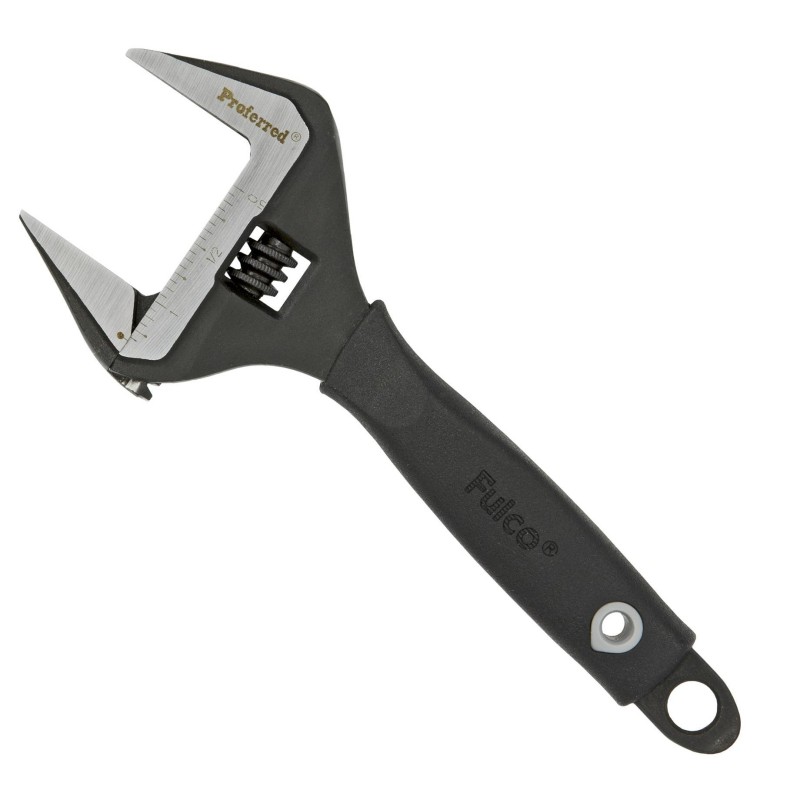
The Importance of Quality Hand Tools
When it comes to completing any heavy-duty task, the importance of having high-quality hand tools cannot be overstated.
1. Safety and Reliability
Safety is paramount when working with tools. Durable hand tools ensure reliability in performance.
- Reduced Risks: Quality tools are less likely to break under pressure, reducing the risk of accidents or injuries during use.
- Consistent Performance: Durable tools can withstand high-stress situations, providing consistent and dependable results.
2. Efficiency and Speed
Using the right hand tools enhances efficiency and productivity.
- Saves Time: High-quality tools speed up the job, enabling you to work faster without compromising quality.
- Better Results: Tools designed for heavy-duty tasks are often engineered for optimal performance, resulting in a superior finish.
3. Long-Term Investment
Investing in durable hand tools is often more economical in the long run.
- Cost-Effective: Although quality tools might have a higher upfront cost, they tend to last longer, saving you money on replacements and repairs.
- Resale Value: Quality tools maintained properly can retain their value, allowing you to recoup some costs when you upgrade or no longer need them.
4. User Comfort
Quality tools also focus on ergonomics, ensuring user comfort during prolonged use.
- Design Matters: Tools that are comfortable to hold and use reduce fatigue, especially during lengthy projects or tasks that require repetitive movement.
- Hand Fatigue Reduction: Ergonomic design reduces discomfort in the hands and arms, allowing you to maintain better control during use.
Types of Durable Hand Tools for Heavy-Duty Use
Various categories of durable hand tools are essential for heavy-duty tasks, each designed for specific applications.
1. Wrenches
Overview: Wrenches are vital for fastening and loosening nuts and bolts.
- Types: Common types include adjustable wrenches, socket wrenches, and torque wrenches.
- Heavy-Duty Options: Look for wrenches made with high-carbon steel or chrome vanadium for enhanced strength and durability.
2. Hammers
Overview: Hammers are versatile tools necessary for driving nails and breaking objects.
- Types: Includes claw hammers, sledgehammers, and mallets.
- Choosing Right: Heavy-duty hammers often feature reinforced heads or additional weight for significant striking power.
3. Screwdrivers
Overview: Essential for driving screws into various materials.
- Types: Flat head, Phillips, and torque screwdrivers serve different functions.
- Durable Construction: Look for screwdrivers with hardened steel shafts and comfortable grips to withstand extensive use.
4. Pliers
Overview: Pliers are used for gripping, manipulating, and cutting wires or small items.
- Types: Needle-nose, slip-joint, and locking pliers are popular choices.
- Durability: High-quality pliers are forged from strong alloys and have multiple settings for versatility.
5. Saws
Overview: Saws are crucial for cutting various materials.
- Types: Hand saws, hacksaws, and coping saws each serve different cutting needs.
- Robust Design: Industrial-grade saws should feature strong blades and ergonomic handles for efficiency and safety.
6. Chisels
Overview: Chisels are used for carving and shaping materials like wood, stone, or acrylic.
- Types: Wood chisels, masonry chisels, and cold chisels cater to different materials.
- Durability: High-quality chisels often have heat-treated blades and solid handles for optimal performance.
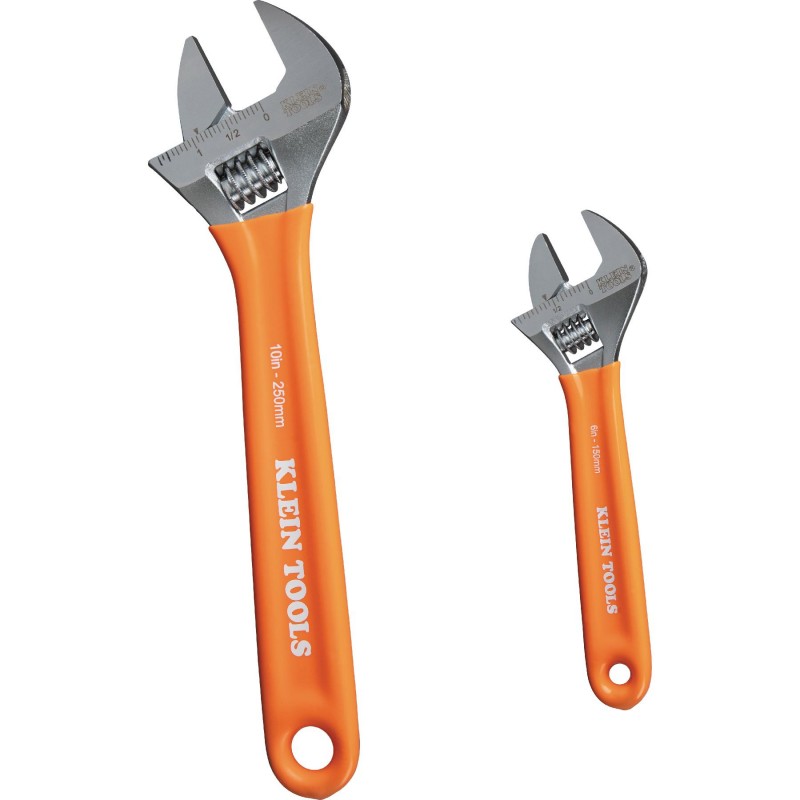
7. Tool Sets
Overview: Complete tool sets offer versatility and convenience for various tasks.
- Comprehensive Options: Many heavy-duty tool kits include a combination of wrenches, screwdrivers, and pliers tailored for professional or DIY use.
- Smart Investment: Purchasing an assembled tool set can often be more cost-effective than buying individual items.
Key Factors to Consider When Choosing Durable Hand Tools
To ensure you make informed purchases, several factors should influence your selection of durable hand tools.
1. Material Quality
- Steel Options: Look for tools made from high-quality steel, such as chrome molybdenum (Cr-Mo) or chrome vanadium (Cr-V), which offer durability and resistance to wear.
- Heat Treatment: Tools that undergo heat treatment processes tend to have increased hardness and toughness, making them suitable for heavy-duty applications.
2. Brand Reputation
- Known Brands: Research brands that are known for producing quality tools, such as DeWalt, Milwaukee, or Stanley, as these companies have established reputations in the industry.
- Customer Reviews: Take time to read customer feedback to understand others’ experiences with specific tools and brands.
3. Ergonomics and Design
- User-Friendly Features: Evaluate the design of the tools, focusing on ergonomics. Look for comfort grips, balanced weight, and intuitive designs.
- Safety Features: Ensure the tools include safety features, such as locking mechanisms on pliers or slip-resistant handles, to minimize risk during use.
4. Warranty and Customer Service
- Product Warranty: Choosing tools with a solid warranty can provide peace of mind and protection against manufacturing defects.
- Customer Service: Consider whether the brand offers customer support for any questions or concerns regarding product use.
5. Tool Storage and Organization
- Organization Options: Some brands include tool storage solutions, such as cases or organizers, which can contribute to maintaining your tools and prolonging their lifespan.
- Accessibility: Ensure your tools are easy to access and store after use, as this will encourage regular maintenance and care.
Top Brands for Durable Hand Tools
When it comes to selecting quality tools, certain brands stand out due to their proven excellence and reliability.
1. DeWalt
Overview: Renowned for its extensive range of durable tools, DeWalt provides high-quality hand tools suitable for various applications, including construction and automotive.
- Product Range: They offer everything from wrenches to pliers, known for their robustness and ergonomic design.
2. Milwaukee
Overview: Milwaukee is as committed to innovation as it is to quality. The brand is known for its heavy-duty tools specifically designed for professionals.
- Durable Tool Sets: The company’s emphasis on improving user experiences places their products among industry favorites.
3. Stanley
Overview: Stanley has a long-standing tradition of producing reliable hand tools for generations.
- Affordability: Their balance of affordability and durability makes them an excellent choice for both professionals and DIYers.
4. Craftsman
Overview: Craftsman produces a wide range of tools, known for durability and quality, and is a staple brand in many workshops.
- Lifetime Warranty: Their tools often come with a lifetime warranty, providing confidence and security for customers.
5. Klein Tools
Overview: Focused primarily on tools for electrical work, Klein Tools offers a selection of hand tools known for durability in demanding environments.
- Specialty Tools: Their products cater specifically to the needs of electricians, plumbers, and other trades.
Tips for Maintaining Your Durable Hand Tools
Buying durable hand tools is just the beginning; proper maintenance is key to ensuring longevity and performance. Here are some essential tips for maintaining your tools.
1. Clean After Use
- Dust and Dirt Removal: Wipe down tools after each use to remove dust, dirt, and any residues that could lead to corrosion.
- Proper Cleaning Materials: Use non-abrasive cleaning materials to prevent scratches and damage to tool surfaces.
2. Store Properly
- Dry Environment: Store tools in a dry environment to prevent rusting. Consider using silica gel packs in toolboxes to absorb moisture.
- Organization Systems: Use pegboards, racks, or toolboxes to keep tools organized and accessible, reducing the risk of damage.
3. Regular Inspections
- Check for Wear and Tear: Regularly inspect tools for signs of wear or damage, such as chipped blades or cracked handles. Address any issues promptly to prevent further damage.
- Lubrication: Apply lubricants to moving parts, such as hinges or ratchets, to keep them operating smoothly.
4. Resharpening and Repairs
- Sharpening Blades: For cutting tools, keep blades sharp by regularly sharpening them. Dull blades require more force and can lead to injury.
- Professional Repairs: For tools that need major repairs, consider sending them to a professional or contacting the manufacturer for advice.
5. Follow Manufacturer Guidelines
- Usage Instructions: Always follow the manufacturer’s guidelines for use and maintenance to ensure safety and longevity.
- Warranty Considerations: Keep warranty information handy, and make sure to adhere to any requirements to maintain coverage.

Conclusion
Investing in durable hand tools for heavy-duty use is not just about purchasing tools; it’s about enhancing your ability to work efficiently and safely. Understanding the context of your projects and the tools available can greatly influence your success. By delving into the various types of durable hand tools, considering the factors involved in your purchase, and adhering to maintenance practices, you will ensure that your investment yields the best results for years to come.
Through this guide, we explored the critical components of durable hand tools, the significance of quality brands, and the best practices for maintaining your tools. Whether you are a seasoned professional or a dedicated DIY enthusiast, having the right tools—along with conscientious care—will empower you to tackle any heavy-duty task with confidence and ease. Dive into the world of durable hand tools, and watch your productivity and satisfaction soar!
